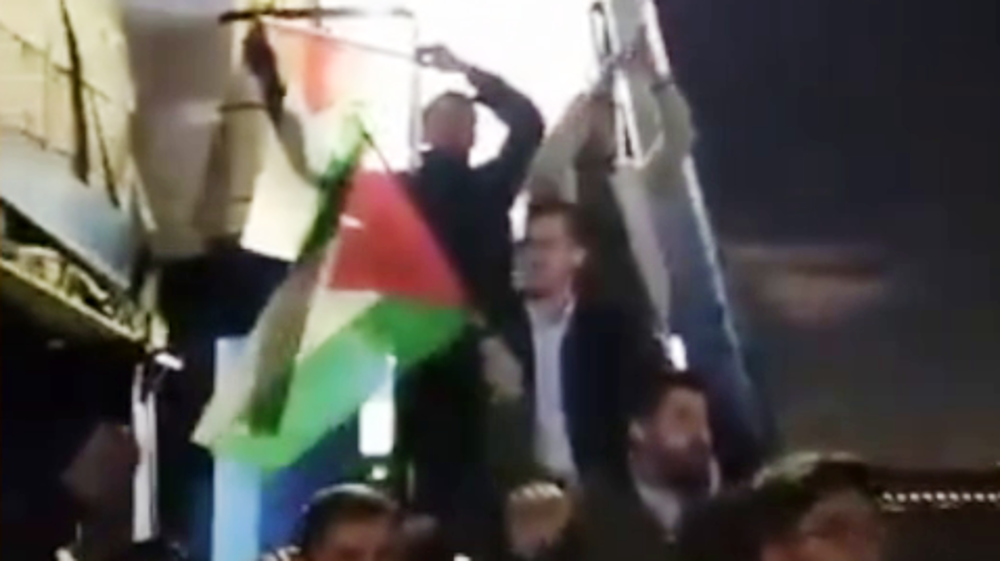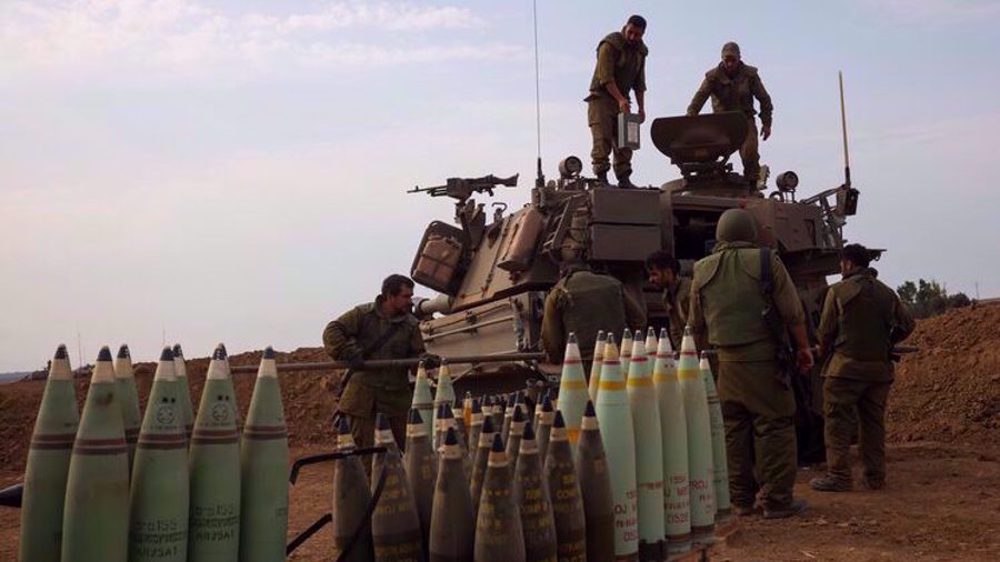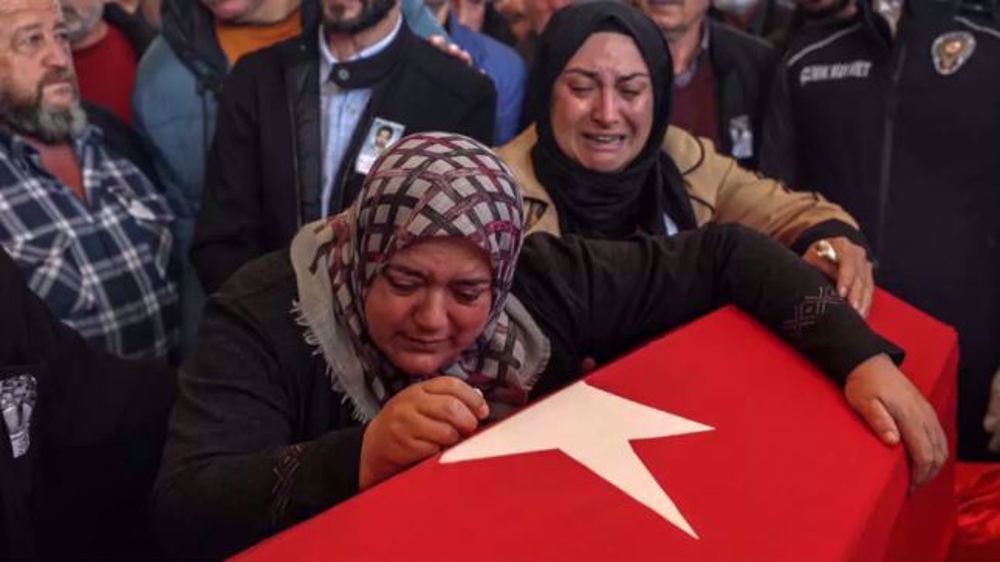Turkish pedophile gets 108 years for abusing Syrian refugee children
A court in Turkey has sentenced a man to 108 years in prison after being convicted of sexually abusing over two dozen Syrian refugee boys, aged 8 to 12, in a state-run refugee camp.
The ruling was handed down on Friday after it was revealed that the convict, a cleaner at the Nizip refugee camp in Gaziantep in southeast Turkey, had “sexually assaulted” a total of 30 Syrian boys in the bathrooms of the camp from September 2015 through the beginning of the current year.
The 29-year-old, identified only as E.E., has confessed that he lured children into blind spots, such as toilets and washrooms, which were not detected by surveillance cameras, to have sex with them after he paid each 1.5 to 5 Turkish liras (USD 0.51-1.69). He also said that many employees and managers in the camp were involved in sexually abusing refugee children.

The children’s families became aware of the sexual abuses after a boy, identified as H.I., talked to his father about the man and his persistent misconduct. The families of eight children have so far come forward with a legal complaint. The families of other victims had not taken any measures for fear of deportation.
The sexual assaults were never detected by Turkey’s Disaster and Emergency Management Authority, which runs the camp and keeps about a tenth of Syrian asylum seekers in Turkey in its refugee centers.
On April 23, German Chancellor Angela Merkel and some top EU officials inspected life conditions within the camp, which is home to up to 14,000 refugees, and praised the Turkish government’s efforts in housing the asylum seekers.

Merkel was presented with flowers by a group of Syrian girls before touring the camp. Security forces at the camp prevented the press from speaking to any refugees other than those hand-picked to greet the German leader. Human Rights Watch at the time also censured the high-level visit as “sanitized”.
The sexual abuse has caused widespread outrage in Turkey, which prides itself on sheltering 2.7 million Syrian refugees fleeing the years-long violence back in their war-torn country. It also highlighted the vulnerability of child refugees in the Anatolian country.
UK police detain Jewish scholar Haim Bresheeth following pro-Palestine address
VIDEO | Iraqi resistance strikes key Israeli targets in occupied territories
VIDEO | Press TV's news headlines
Iranian satellites launched into space as private sector debuts in space industry
VIDEO | Iran, Azerbaijan conduct joint maritime rescue operations
VIDEO | Yemen’s Red Sea divide: Naval forces block Israeli-linked ships in strategic ‘parting of the water’
VIDEO | Southern Gaza: Israel’s facade for famine and suffering
VIDEO | IOF hampering humanitarian aid












 This makes it easy to access the Press TV website
This makes it easy to access the Press TV website